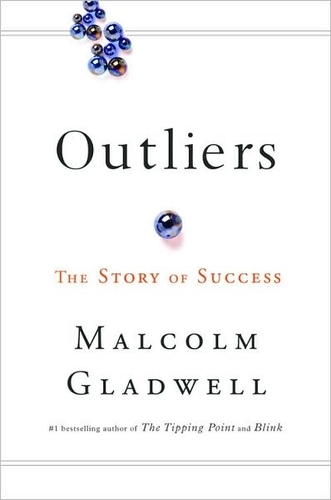I'm not sure the teacher saw the humor in it, although I found it hilarious.
I think my friend may have been on to something though. I feel like, in today's world, we are so caught up in numbers, data, statistics and research that we forget that we can use a little common sense every now and then to come to viable conclusions.
Just last night I caught a thin-slice of a story about a Doctor who believes vaccinations may be contributing to the large number of autism cases. Most of the medical community was quick to toss him in the loony bin because "the data simply doesn't show this." I don't know if he's right or not, but given the potential implications I think common sense says to listen. Is it so crazy to think that something foreign intentionally introduced to our bodies could cause the rate of something like autism to increase 17 fold in about 15 years? It might be, but I'd want to know for sure before I dismissed it.
This same logic can be applied to the field of strength and conditioning, in a couple different ways. Sometimes the research isn't there to support something that you know is helping, so you do it anyway. For example, a few years back when I first learned of foam rolling as an intern, and was having my athletes do it before class, I was able to get a feel for how they were going to perform that day. Were they sore? Did they feel good? Did they have a tough day at school? The roller answered some of these questions, and I asked the rest while they were doing it. There are really no drawbacks in my eyes.

Well I had a college professor tell me he wasn't sure about foam rolling and would like to see more peer-reviewed research to show the benefits of it before making athletes do this. Really? So something that takes 4-5 minutes to do, makes my athletes feel better, gives me a chance to assess the upcoming workout, and mentally prepares the athletes for that workout is a waste of time? I don't need research to tell me to keep doing it.
On the other side of that coin though, is the possibility that research shows something to be beneficial when really we should be more cautious of applying techniques from controlled studies to the general population of athletes.
A good example of this is with plyometric training. Research has proven that exercises such as depth jumps, performed at fairly high heights, can improve vertical jump scores and lower body explosiveness. Does this mean I should have all my athletes perform depth jumps since improving vertical jump performance is desired?
Absolutely not. Especially at the heights used in some of these studies. Now, if I have an elite athlete who is trying to get a scholarship and needs an improved vertical, I may program them. And I also have kids to depth jumps from much lower heights. But why risk a serious injury (especially with some kids who may be slightly overweight) by stressing the achilles tendon to it's max potential?
Most research lacks an element or risk-reward assessment that is absolutely necessary in our field, and all fields for that matter. If there is low risk involved and the research isn't there-do your own experiments. Anecdotes aren't always wrong. And if the research is there, but you question the risks involved, make a decision for yourself on whether or not it will be beneficial for your athletes. Don't be handcuffed by numbers and statistics.
Have a great week,
Jon






